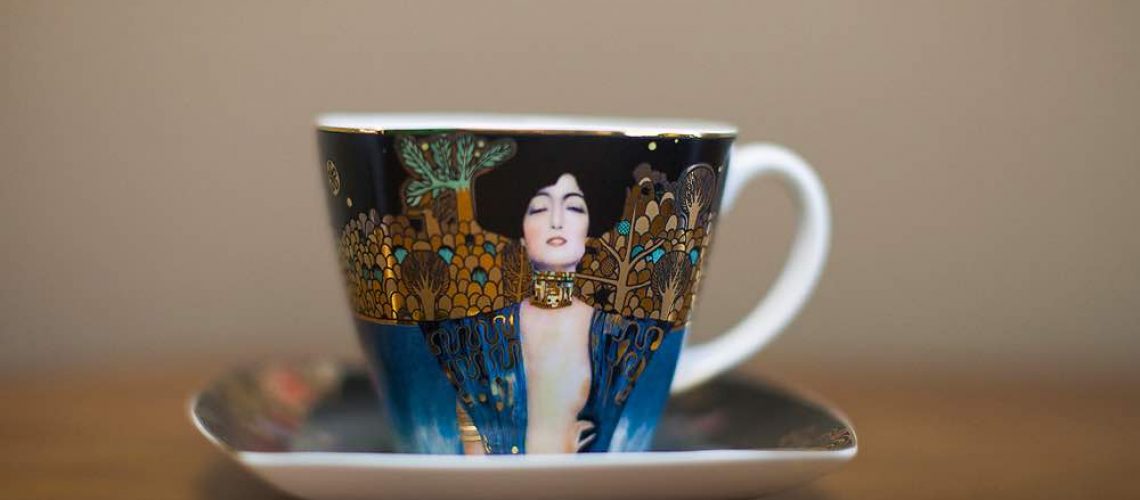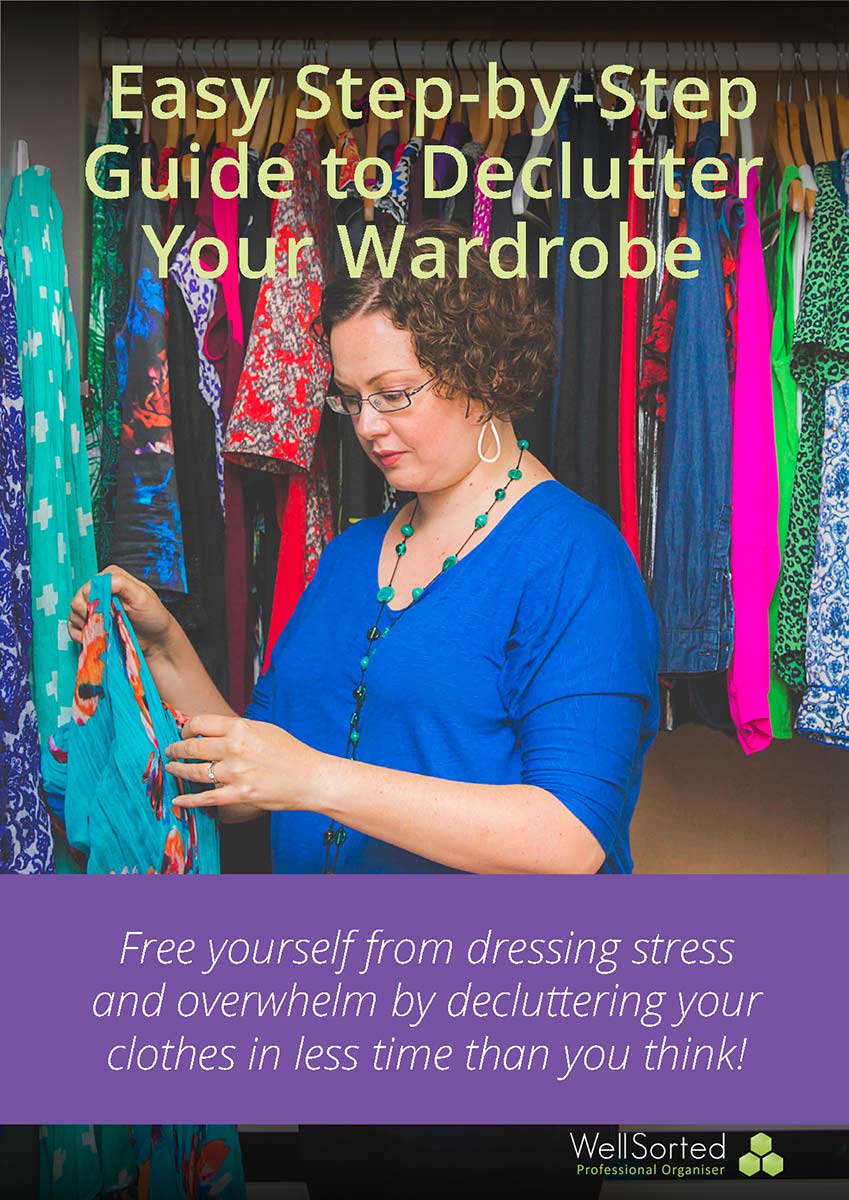In my last post, I mentioned that there are four types of clutter. Emotional Clutter, Sentimental Clutter, ‘Valuable’ Clutter and Memory Trigger Clutter. I’d like to now go over how to deal with each. Let’s dive in with Emotional Clutter.
To recap, Emotional Clutter (or malignant clutter) is stuff that fills us with awful emotions making it difficult to let it go. You might feel shame, guilt, anger, hurt or remorse when looking through this stuff, or with the mention of letting it go.
Examples of Emotional Clutter
So what are examples of emotional clutter?
Reminders of someone or a time in your life
There are some things that we want to keep that remind us of loved ones. I’m not talking about the happy memory stuff here. It’s the stuff that reminds you of someone, or a time in your life that brings up a bunch of unhappy, painful feelings.
A personal example that comes to mind is a Lazy-Boy Chair that my mum offered to me. It was the chair my dad sat in for a few years before he died of Leukaemia. Every time I saw this chair, I’d shudder. I attributed that chair with my dad, slowly wasting away. So I declined the offer.
These things we hold onto for an emotional reason. We don’t really understand why we’re holding onto it until we look at it in this light.
Inheritance and family heirlooms
It’s been handed down to you as a family heirloom or as part of your inheritance. Your family meant well, however when you look at it, you just don’t love it. You don’t use it. You might outright hate it. Yet you can’t let it go because it stirs up shame and guilt for even contemplating letting it go. You feel ungrateful. It feels rude. It might make you feel sad, depressed and dredge up a bunch of emotions surrounding their passing.
In this instance, we’re not talking about things that have been left to us that we love and honour. Just those things we don’t use, want or like.
Gifts
It’s a gift someone gave you. If you’re honest with yourself, you don’t actually want it, it’s broken or you’ve outgrown it. Sometimes, you might down-right hate it. But for most, the idea of giving it away can make you feel like such an ungrateful cow. After all, this person went to the trouble of finding it, making it or buying it for you.
You might even feel afraid of giving it away. What if they found out you got rid of it? They’d be so mad or upset. It’s just not worth it. So we hold onto it.
Regrets and reminders of times gone by
These are a little harder to identify. It could be a shirt that you wore on a date with someone you wish you followed up with. It might be a business card for a job we held where we were let go and we weren’t happy with the way we handled it. These are items that when we look at them, we feel ashamed, embarrassed, regret or angry.
It could be something from a past relationship that didn’t end well and it dredges up all the bad emotions associated with that relationship. Or in these cases, even a bunch of extra strong emotions that parade as ‘positive’ ones but ultimately hold us back from moving on from them to a new friend or partner.
It could be something that you feel like you need to learn something from. An example of this for a client of mine was work journals. She’d kept many work diaries, even though she didn’t really want them. When she looked through the diary, it triggered memories both good and bad. Through our conversation, we uncovered that she had lessons she wanted to learn from the diaries. She wanted to process what had happened in those roles, memories and times. She wanted to reflect on failures and achievements and absorb those lessons.
So how do you deal with Emotional Clutter?
You get a sense of the types of things I’m talking about. It’s stuff that’s malignant. There’s this dark, nastiness to it that seems to spread and grow. It stops you from living the way you’d prefer to live.
So how do you deal with it?
Give permission
Sometimes it’s a quick job. You identify it as ‘emotional clutter’ and give yourself permission to move on from it. Just like that. It’s out of your life. The awareness itself is enough to part with it.
Process the emotions
Other times, it takes time. It might take a few days, weeks or years to be ok with letting it go. Depending on the reasons behind those emotions being there, you might need to engage a counsellor to process it. You might just need to journal or do something crafty to work it out of your system. You might need to talk it over with a friend or family member.
That’s totally okay. Giving yourself some space to process what’s going on for you is important.
So if you think you need time to process the emotions, consider if you need to hold onto the object to process it. Maybe you can write a few dot points into your journal to remind you of what you want to work through. That might be enough to let it go.
If not, that’s okay. Decide what you want to do with it. I’d say, put it in a box, label it and make a reminder in your calendar or phone to get started on it. You might decide that you’ll journal about the stuff in that box once a month. Give yourself that time. You’ll appreciate the freedom it brings you.
‘Journalling’ to you might be doing something arty like painting, drawing, sculpting… It might mean dictation into a recorder. Perhaps just thinking through it whilst gardening. Or maybe be meditating on the subject. Or it may need someone’s ear, a close friend or counsellor.
If you want to be brave and ditch it without the reflections, go for it. Some feel a great sense of relief. Others need extra time. Take it. You’ll grow within yourself by facing it either way.
What’s in your home that you consider ‘emotional clutter’? Why not journal about it now and free yourself from its shackles?







